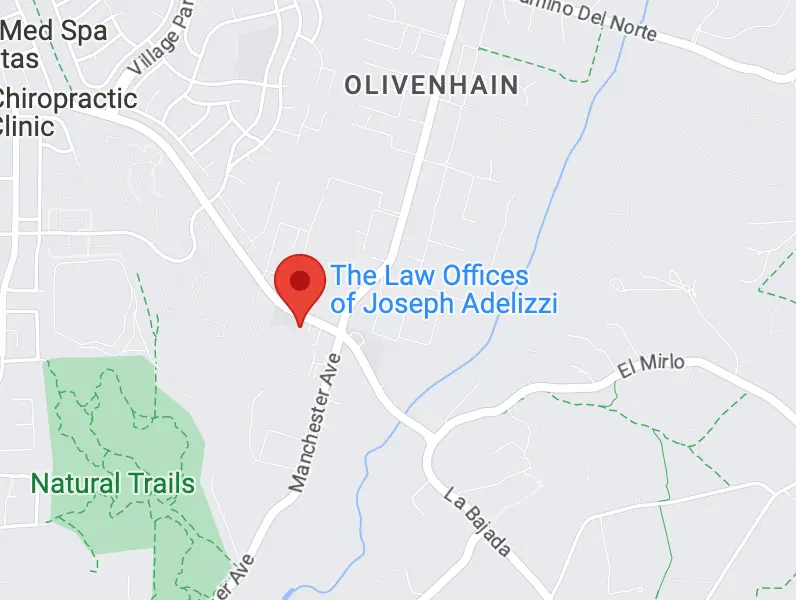Deciding Who Should Be Your Executor
Who should be your Executor? One of the places in estate planning where people get stuck, is deciding who is going to be in charge of the process. Sometimes that can be harder than distributing assets. The person in charge of your assets after you pass is called the executor, or executrix, depending on whether a man or woman is fulfilling the role, says the New Hampshire Union Leader in a recent article “Estate planning? What to consider when selecting a personal representative.”
It may seem straightforward. The person must read your will and simply follow your directions.However, there are a lot of important tasks that come with settling an estate. They include making decisions, financial issues and dealing with potentially argumentative heirs. It’s a serious job.
When considering who you would like to select to serve as your executor, there are many different tasks to take care of. They vary from state to state, so speak with your estate planning attorney as you put your estate plan together.
Some of these tasks include:
- Probating the will
- Obtaining a federal tax identification number for the estate account
- Identifying and valuing all the assets
- Determining which assets go through probate and which go directly to beneficiaries
- Collecting any monies owed to the estate
- Notifying banks, government agencies, investment companies, banks, Social Security, Medicare, Veterans Administration, etc.
- Providing for survivor expenses
- Paying administrative and court costs
- Paying final expenses, including medical and funeral costs
- Filing income and estate tax returns—both federal and state
- Distributing assets of the estate
- Closing out the estate.
If it sounds like a lot, that’s because it is. Depending on how complex the estate is, will determine who should be your executor.
Make sure the person you select can manage details, meet deadlines, stay organized and deal with your family members. Another consideration—do they have the time to manage these tasks, and do they want to take this on? They must also be completely trustworthy.
Usually a family member is named, and if there are no family members who can or are willing to take on the role, the next person is a close and trusted friend. It’s a good idea to name someone younger than you.
A complicated estate may need the help of a professional co-executor. That may be your estate planning attorney or a bank officer from a trust department. Having a team in place is sometimes worthwhile.
Just as your estate plan needs to be reviewed every few years, review your executor every few years. If the relationship changes, or if their life undergoes changes, they may not be the right person.
Reference: New Hampshire Union Leader (Sep. 14, 2019) “Estate planning? What to consider when selecting a personal representative.”



